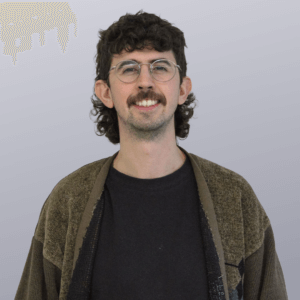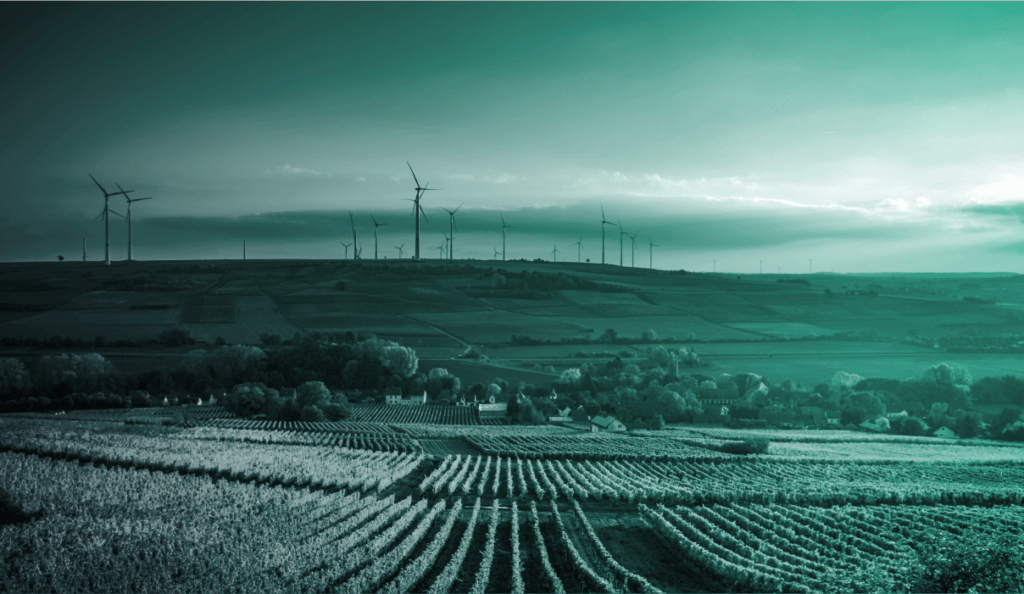So much has changed in the global energy market since we held the Energy Innovation Summit in April 2019. Covid-19 has drastically impacted the energy sector across the globe and it will lead to a range of long-term polices changes. We caught up with some of last year’s event speakers to gain further insight into industry specific changes within the energy sector. Here’s what Jon Bumstead, Founder & Chairman Neutral Supply Chain and Ricky Higgins, Business Development Manager at Powerstar had to say.
Key Trends within the Energy Industry
We have seen a drop-in energy processes which has forced third party intermediaries, such as energy brokers to move towards an energy services model. Higgins suggested that in turn, this has led to a more collaborative approach between TPI’s and energy management technology providers to deliver more value to their customers.
Covid-19 has dropped energy demand, but we are seeing the reverse of price plummeting, with electricity prices and business costs rising. Bumstead, states that typically we see an annual 5% inflation factor and for many they have 2-3-year deal with a utility company and thus at renewal times, they are seeing 10-15% tariff rate increases. In addition, businesses are being asked by utilities for securitisation payments or charges for insurance for business failure…it doesn’t rain, but it pours!
Another key trend is the new remote working model, which has grown home consumption between 10-15%. Interestingly with fewer people in the workplace (mainly offices) we have not seen the level reduction in consumption we would have expected, meaning companies are silently consuming energy whilst they are vacant.
At a domestic level, Bumstead commented there will be growth in “Energy Poverty”, unfortunately, which will become a future political hot potato. A growing innovative trend is the movement to agile half hourly tariffs, which has been championed by “disruptors” like Octopus Energy at the domestic level. They have added 1.5m customers in 4-5 years and are now entering the business space with these agile time of day products, such as offering “Tri-bands” and Business Agile in beta at the moment, which could become the market game changer.
We believe moving forward the changes of where and how people work will have great impact of how future energy will be consumed. Despite a reduction in the consumption there also must be a cost which will need to be fulfilled therefore if bigger organisations do not fulfil the costs then unfortunately this cost will begin to overlay of the heads of individuals.
Unexpected shift in trends over the last twelve months in the energy market
Ricky Higgins states the market continues to press ahead with moving towards a net zero carbon future. To deliver on this goal, an uptake on the deployment of renewable generation alongside energy storage is required. This has shifted the focus on storage assets away from being revenue generating schemes to be an integral piece in our energy landscape.
Jon Bumstead outlines four macro global trends:
- Break up / slowdown of globalisation as manufacturing comes home
- E-commerce continuing to create strain on the high street and creating transport congestion in the final mile
- Digitisation of the supply chain and job automation
- Covid-19 has radically accelerated the economy in aspects such a digital, what was seen as 3-5 year trends, is what we are now witnessing in 6-12 months.
A great point to take away is that organisations have had to adapt and create at a rapid speed as time has not been a luxury for many during the pandemic. For example, the likes of Microsoft have had to develop software which was part of future plans within the last few months to allow people to work from home and manage workloads digitally.
The energy sector needs to become more agile to better response to extreme dips and focus on a collaborative approach to building an interconnected network. Due to the new trends which have come about as a result of the pandemic and the changing patterns as to where and how we use energy, organisations need to consider how to be more efficient, especially to reduce carbon emissions.
If you have any questions around how to become more energy efficient, get in touch, we would love to help answer them!



